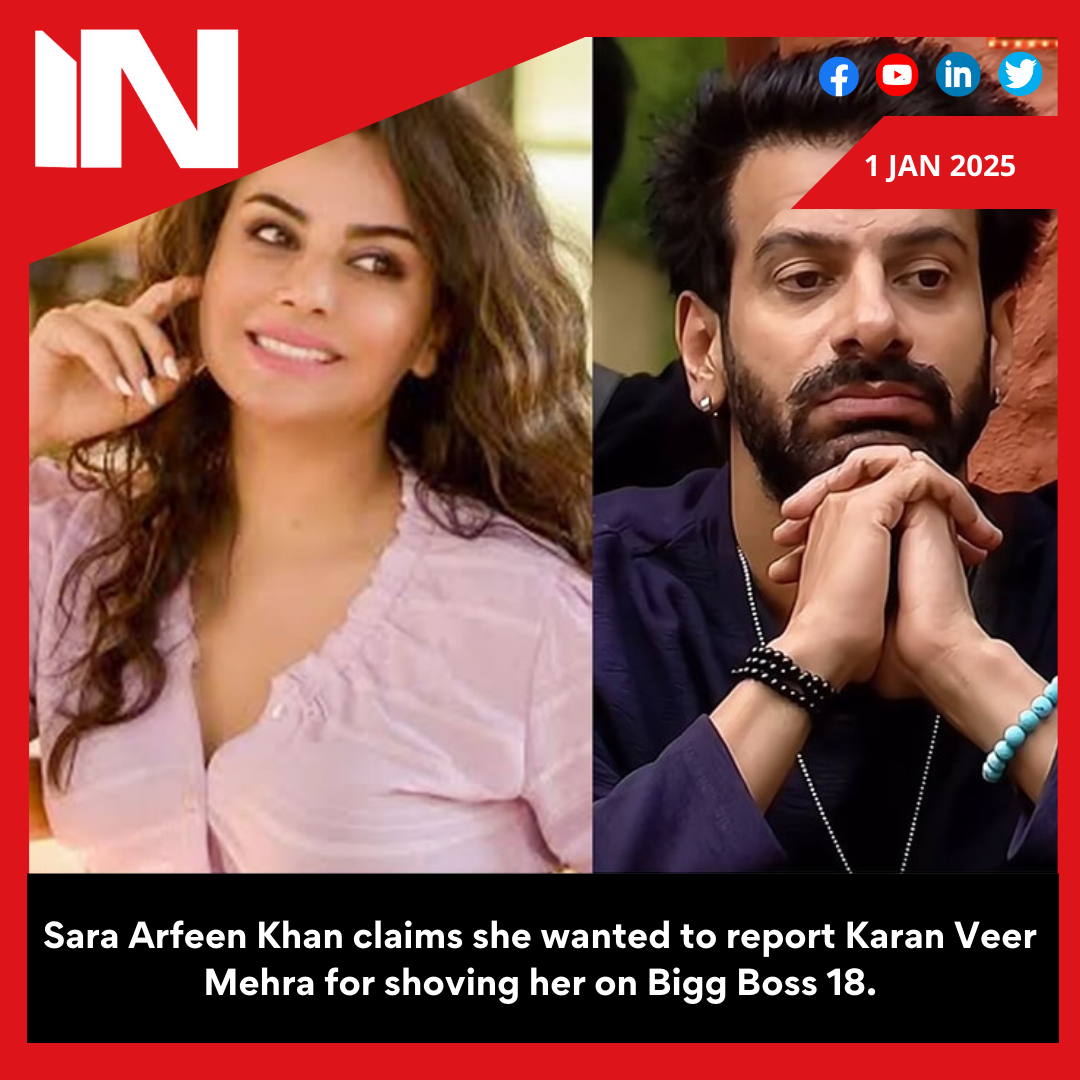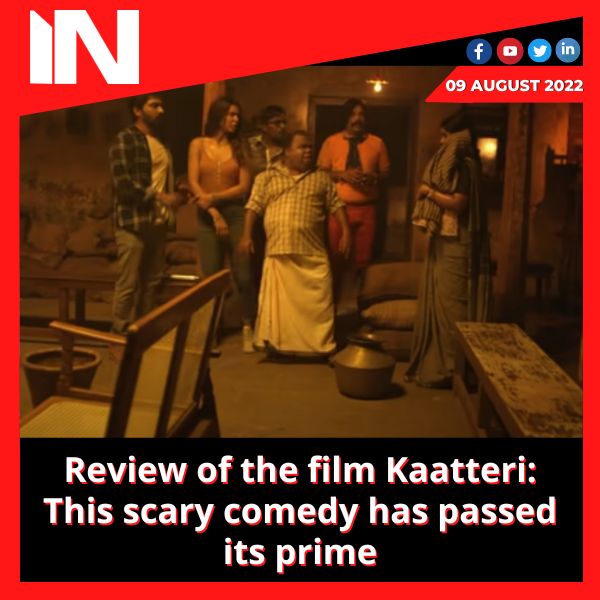A New Chapter for Park Bo-gum
In Good Boy, Park Bo-gum portrays Yoon Dong-ju, a former Olympic gold medalist in boxing who transitions into a police officer through a special recruitment program for athletes. This role demanded a rigorous physical transformation, with Park undergoing intense training to authentically depict a world-class boxer. His commitment to the role is evident in his portrayal of Dong-ju’s internal struggles and unwavering sense of justice.
A Stellar Ensemble Cast
Joining Park is Kim So-hyun as Ji Han-na, an Olympic gold medalist in shooting who becomes a police officer after retiring from sports. Her character adds depth to the narrative, exploring themes of redemption and resilience. The cast also includes Oh Jung-se, Lee Sang-yi, Heo Sung-tae, and Tae Won-seok, each bringing their unique talents to the ensemble, enriching the storyline with diverse perspectives and compelling backstories.
Critical Acclaim and Audience Reception
Good Boy has been praised for its fast-paced storytelling, dynamic action sequences, and emotional depth. Critics have highlighted Park Bo-gum’s performance as a standout, noting his ability to convey complex emotions and physical prowess. The series’ premiere achieved impressive viewership ratings, reflecting its resonance with audiences seeking fresh and engaging content.
A Fresh Take on Justice and Redemption
The series delves into the lives of former athletes who, facing various personal and professional challenges, find new purpose in law enforcement. Their journey addresses broader societal issues, such as corruption and the pursuit of justice, while emphasizing personal growth and camaraderie. This narrative approach offers a refreshing perspective on the action-comedy genre, blending thrilling sequences with meaningful character development.
Streaming Availability
Good Boy airs every Saturday and Sunday at 22:40 KST on JTBC and is available for streaming on platforms like Netflix and Disney+ in South Korea, with international streaming through Amazon Prime Video.
“Good Boy” First Impression: A Gripping, Gritty Reinvention of Park Bo Gum
Don’t let the pouty charm fool you—Park Bo Gum is throwing the most powerful punches of his acting career in Good Boy. From the moment the first episode rolls in, it’s clear this drama isn’t just another action series—it’s a sharp, emotional, and socially conscious exploration of broken dreams, second chances, and what happens when heroes are cast aside.
Park Bo Gum plays Yoon Dong-ju, a former Olympic boxing gold medalist who’s been pushed out of the spotlight and thrown into an unfamiliar world. Recruited through a special police program that targets retired athletes, Dong-ju joins a team of fellow ex-Olympians turned rookie cops. At first glance, this premise might seem comedic or gimmicky, but Good Boy treats its characters with depth and empathy, showing that their medals can’t protect them from life’s harsh turns.
What sets the drama apart right from the start is Park Bo Gum’s performance. Known for his soft, romantic roles in series like Love in the Moonlight or Encounter, here he is nearly unrecognizable. His signature smile is swapped for clenched jaws and stormy gazes. His character, scarred both physically and emotionally, is far from the boy-next-door. Every movement he makes, whether it’s throwing a punch or giving a wounded look, is charged with weight.
The first few episodes slowly build the world around Dong-ju. We learn how these former athletes were sidelined after reaching national glory. Whether due to injury, scandal, or simply aging out of relevance, they’ve each tasted the bitterness of being forgotten. This backdrop makes their police work feel more meaningful—not just about justice, but also about reclaiming their purpose. In many ways, Good Boy is less about crime-solving and more about soul-searching.
Dong-ju isn’t alone in this journey. Kim So-hyun stars as Ji Han-na, a former Olympic shooter who now works beside him. While the show resists turning their relationship into a full-blown romance early on, the chemistry is undeniable. Their bond is built on mutual respect and pain—they both know what it’s like to be thrown away once the applause ends. Han-na’s character is especially compelling, as she navigates the transition from stoic sniper to vulnerable woman trying to rebuild her life.
The supporting cast adds texture to the story. Lee Sang-yi brings humor and heart, while Oh Jung-se’s performance is as unpredictable as ever—one moment comic relief, the next heartbreakingly real. Each character, no matter how small their screen time, is written with care, reflecting the larger theme: that no one is just their former glory. Everyone is more than their headline moment.
Stylistically, Good Boy is slick without being flashy. The fight scenes are not over-the-top—they’re raw, real, and often painful to watch. The choreography stays grounded in boxing realism, making each confrontation feel personal. Cinematographer Shim Na-yeon balances gritty, dark alleyway scenes with nostalgic, soft-lit flashbacks that contrast the violence of the present with the golden light of the past. It’s a visual metaphor that works—showing how memory often sweetens what reality has soured.
The writing is one of the strongest aspects of the show. Every line feels deliberate, and the pacing allows characters to breathe. We’re not rushed into explosive action or cheap thrills. Instead, Good Boy takes its time letting us get to know the world these characters live in—a world where justice is blurry and trust is rare. The dialogue is crisp, layered with subtext, and sometimes unexpectedly poetic.
What makes the drama especially relevant is its subtle commentary on fame culture and institutional neglect. Athletes are treated like gods when they win, but once the spotlight moves on, they’re left to fend for themselves. Good Boy doesn’t preach, but it does pose hard questions—how much do we really care about the people we idolize? What happens when their usefulness fades? How do they cope when the only thing they’ve ever known disappears?
And then there’s the action—fast-paced, brutal, and emotionally grounded. These aren’t superheroes with perfect moves. They stumble, bleed, and get knocked down. But it’s their ability to get back up, over and over again, that turns the violence into a kind of poetry. Every fight becomes a metaphor for their resilience—not just as cops, but as human beings.
Perhaps what’s most impressive is that despite all the darkness, Good Boy isn’t hopeless. There’s humor, warmth, and even joy hidden between the bruises. The camaraderie between the characters grows organically, offering glimpses of light in an otherwise harsh world. It’s this emotional balance that gives the show its staying power.
For longtime fans of Park Bo Gum, Good Boy is a revelation. He proves that he’s more than just a pretty face. He’s a serious actor capable of exploring roles that demand physicality, emotional nuance, and psychological depth. If this performance is any indication of where his career is headed, we’re witnessing the rebirth of a star—one who’s not afraid to get his hands dirty, dig deep, and deliver something truly unforgettable.
As the episodes progress, viewers will no doubt be drawn deeper into the world of Dong-ju and his team. The stakes get higher, the battles more brutal, and the emotional wounds more visible. But that’s the beauty of Good Boy—it doesn’t just entertain; it challenges us to care. It asks us to look beyond the medals and the muscles, and see the broken, brave souls fighting for one more chance to matter.
- Construction, Infrastructure and Mining
- General News Platforms – IHTLive.com
- Entertainment News Platforms – https://anyflix.in/


 Ranbir Kapoor2 months ago
Ranbir Kapoor2 months ago
 Mahakumbh1 month ago
Mahakumbh1 month ago
 American Dream1 month ago
American Dream1 month ago.jpg)
.jpg) Bollywood1 month ago
Bollywood1 month ago
 Sunny Leone1 month ago
Sunny Leone1 month ago
 SSC Exam Calendar 20251 month ago
SSC Exam Calendar 20251 month ago
 Parineeti Chopra2 months ago
Parineeti Chopra2 months ago
 Ajith Kumar1 month ago
Ajith Kumar1 month ago
.jpg)






.jpg)

.jpg)
.png)

.jpg)
.jpg)
.jpg)
.jpg)

%20(2).jpg)

%20(1).jpg)
.jpg)
.jpg)







